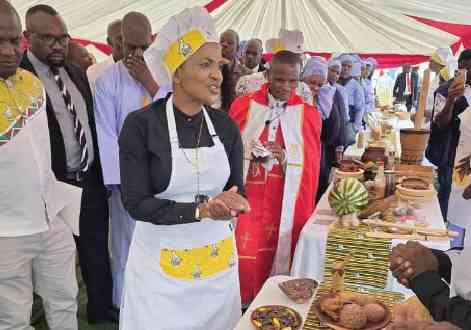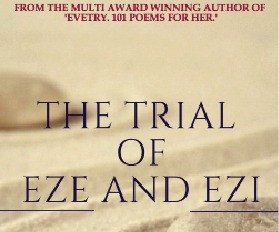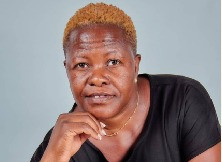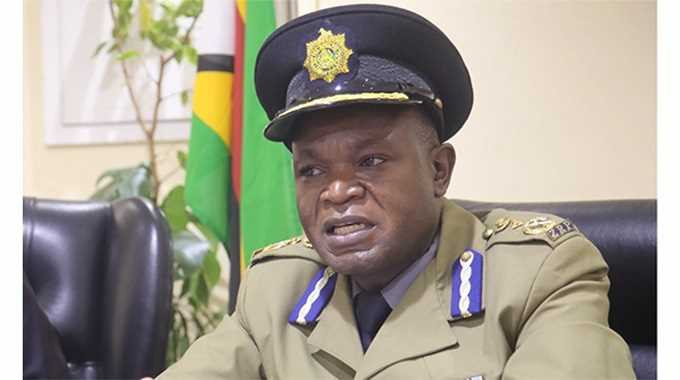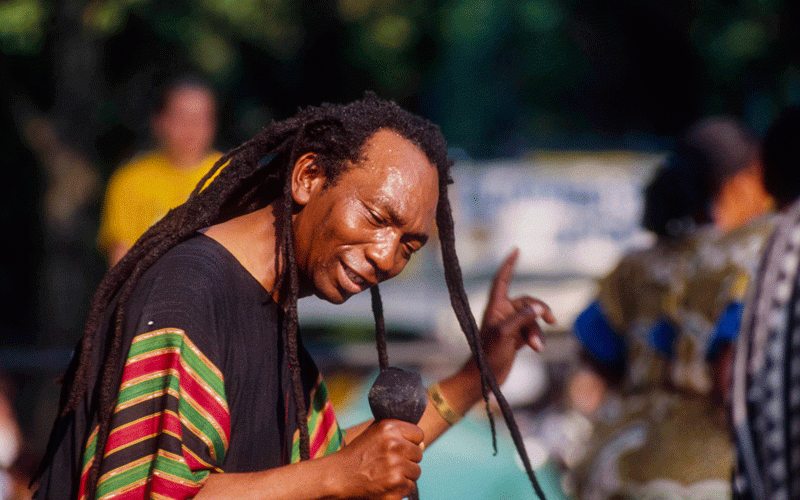
Come 23 August, exactly one month from now, the people of Zimbabwe will be at the polls again.
Many musicians are nervous about taking part in the political campaigns going on at the moment.
It is well-known that music can move or remove governments and, for good reason, music artistes are called upon to perform at large political party rallies to attract and influence the masses.
Music is sometimes used as a political weapon, although I don’t want to call it a weapon, because that implies violence which I detest.
I asked three prominent musicians about how they see their involvement in the forthcoming elections and these were their off-the-record responses:
The first musician who gave me an interview on condition of anonymity had this to say: “I was invited to perform at a political rally by one political party for quite a large sum of money which could feed my family for the rest of the year and perhaps pay school fees for my four children next year, but I turned that down. I do not want to be part of this craziness that’s going on. Our people have still not come to terms with the fact that they can resolve political issues without using violence. You know music can be used as a political weapon. I don’t want mine to be used for that because, like Bob Marley, I believe in peace, love and harmony.”
The second one, responding to the same question told me: “My music is not receiving airplay although it is quite popular in the ghetto. I cannot protest, because if I protest publicly, I will go to jail. And if I go to jail, I can’t feed my wife and children. However, I will continue to write music which will reach more people through platforms such as YouTube, Instagram, Facebook, Spotify and other online platforms and hope that that will counter the lack of airplay in this country.”
The third musician who sounded off-kilter, but whose music is also joyously raucous and is quite popular among drunken ghetto youths, gave me a straight answer: “If the money is good, I will play for any party. I don’t care what the people say. I am hungry and these elections will provide me with an opportunity to make money. This is the reason why many people join politics; money! Look at Sandra Ndebele. Look at Enzo Ishall! It’s all about money."
- In the groove: Is Patrick Mukwamba jinxed?
- In the groove: Is Patrick Mukwamba jinxed?
- Kikky Badass opens up about her divorce
- Kikky Badass opens up about her divorce
Keep Reading
Going back to history, exiled musician, Thomas ‘Mukanya’ Mapfumo inspired the masses in Zimbabwe with his political songs during the armed struggle. Without political songs, people like Mukanya or Hosiah Chipanga would be irrelevant.
The connection between music and politics, particularly political expression in music, has been seen in many cultures. Although music influences political movements and rituals, it is very clear how general audiences relate to music on a political level.
The lyrical content in hip hop songs, as well as in many other genres, does not often sit well with those in power, with many governments passing and upholding controversial laws designed to silence the voices of artistes who want to see better governance in their countries.
Many of these laws are disguised as ones based on grounds of morality, religion and age-old cultural norms. The excuse in the enactment of such laws is that the songs and artistes they target are responsible for corrupting the youth and sowing discontent among the populace.
And although governments may sometimes be correct in their assessment of profanity or adult content, many of them are seen blatantly using broad censorship laws to stifle freedom of expression and criticism where it is mostly needed.
It goes without saying that musicians themselves have a responsibility to speak truth to power in a mature and constructive manner; many artistes, in their efforts to be social justice activists, miss the mark by being inordinately outrageous and in the process end up offending even those whom their messages are meant for.
This is where the censorship versus freedom of expression dialogue asks a number of important questions: where do we draw the line and should politicians, many of whom have no knowledge of the arts, be the ones dictating what constitutes acceptable and unacceptable artistic expression?
Many politicians want to hear musicians’ lyrical content which supports their party. Such musicians are usually applauded but discarded soon after being used by the political parties. Very often, musicians who are already popular, will find it easy to lure their audiences into singing their political compositions, but to those who do not have large audiences behind them, this might be an uphill task.
A good example is Last Chiyangwa, a.k.a Tambaoga, during the 2002 elections. He came out with the song Agrimende which had the lyrics, The Only Blair I know Is a Toilet. Chanting down Tony Blair, the then British Prime Minister, was the acceptable political thing at the time.
Despite non-stop airplay on ZBC’s stations, the people received this song with mixed feelings as Tambaoga was a little known artiste and the political song did not bring him much money as very few people bought it.
However, politicians certainly noticed him with Saviour Kasukuwere handing over $200 to him. Where is Tambaoga now? Tambaoga himself came to Zimura offices where I was vice-chairman of the Zimura board and demanded royalties because his song was played non-stop by all ZBC radio stations.
We dismissed that request because the board had considered his contribution to be an advertisement jingle and not a proper song.
However, indeed music can be used as a political weapon. We all know how Bob Marley changed the face of Jamaica and influenced the rest of the world by simply singing political songs such as Africa Unite, Redemption Song, Zimbabwe, Chant Down Babylon, Buffalo Soldier , Get Up. Stand Up, Stand Up for Your Rights, Blackman Redemption, and War, to mention only a few.
We also know how Bob Marley brought together two rival politicians, Michael Manley and Edward Seaga during his peace concert in Jamaica.
That is the power of music. It can move and remove governments. It can happen right here in Zimbabwe. There are more elements that unite us than divide us. In order to see a true progressive society, a transformative mentality is required in this society.
During Zimbabwe’s struggle for independence, song and dance played an essential role of unifying the freedom fighters and the masses at the same time raising their morale through musical messages that defined the purpose of the armed struggle. Remember that those who can make one believe in absurdities, will make you commit atrocities.
In a bid to preserve the morale of freedom fighters in camps and the morale of the masses at home, song and dance was used to educate, inform and entertain.
For instance Comrade Chinx led the guerrillas with songs like Maruza Imi and Vapambi vepfumi. Freedom fighters used music and dance at all night gatherings called mapungwe to ‘educate’ the masses (povo) about the objectives of the armed struggle.
Another musician from the City of Gweru, Joseph T. Nhara, a.k.a. Man Soul Jah, who fronted the People Against Cruel Existence (Pace) reggae band recorded a series of political albums such as Dreams of a Freedom Fighter, with tracks like Lacksley Castell’s composition, Give us the Land, Mr Government Man, which assisted in delivering political messages to the people. It was through this political music that he was at one time appointed head of ZBC’s Power FM radio station in Gweru.
In 2003, Leonard Karikoga Zhakata released the album Hondo which did not receive any airplay. Leonard suspects that this was due to its political message which did not please the establishment as it spoke about the suffering of the masses.
Analysts claim that if airplay had been allowed it probably would have inspired the masses to rise against the establishment.
Now you understand how music can be used as a political weapon. If not, continue to ask yourself this question. If you want to understand where you stand politically in this country, you should do what Louis Armstrong did many years ago; blow your own trumpet.
Feedback: [email protected]

